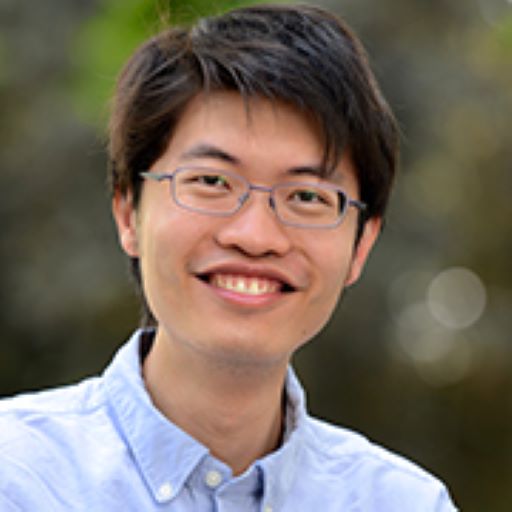Yat Tin Chow
Seminar Information

Abstract: In this work, we consider a novel inverse problem in mean-field games (MFG). We aim to recover the MFG model parameters that govern the underlying interactions among the population based on a limited set of noisy partial observations of the population dynamics under the limited aperture. Due to its severe ill-posedness, obtaining a good quality reconstruction is very difficult. Nonetheless, it is vital to recover the model parameters stably and efficiently in order to uncover the underlying causes for population dynamics for practical needs.
Our work focuses on the simultaneous recovery of running cost and interaction energy in the MFG equations from a finite number of boundary measurements of population profile and boundary movement. To achieve this goal, we formalize the inverse problem as a constrained optimization problem of a least squares residual functional under suitable norms with L1 regularization. We then develop a fast and robust operator splitting algorithm to solve the optimization using techniques including harmonic extensions, three-operator splitting scheme, and primal-dual hybrid gradient method. Numerical experiments illustrate the effectiveness and robustness of the algorithm.
Dr. Yat Tin Chow is currently an assistant professor in the Mathematics Department of UC Riverside. He received his Ph.D. in Mathematics from the Chinese University of Hong Kong. He came to UC Riverside after being a CAM assistant adjunct professor in the Department of Mathematics in UCLA. Dr. Chow's current research interests include resolution analysis, spectral analysis, and image enhancement techniques for computational methods in imaging and tomography, e.g. electrical impedance tomography, diffusive optical tomography. Dr. Chow also works on theoretical and numerical aspects of large scale optimization methods, e.g. coordinate descent/update and decentralized optimizations. Dr. Chow's other fields of interest include computations in optimal control, dynamics of the nonlinear system, solution to Hamilton-Jacobi equations in high dimensions, as well as optimal transportation plans and mean field games between large populations.
